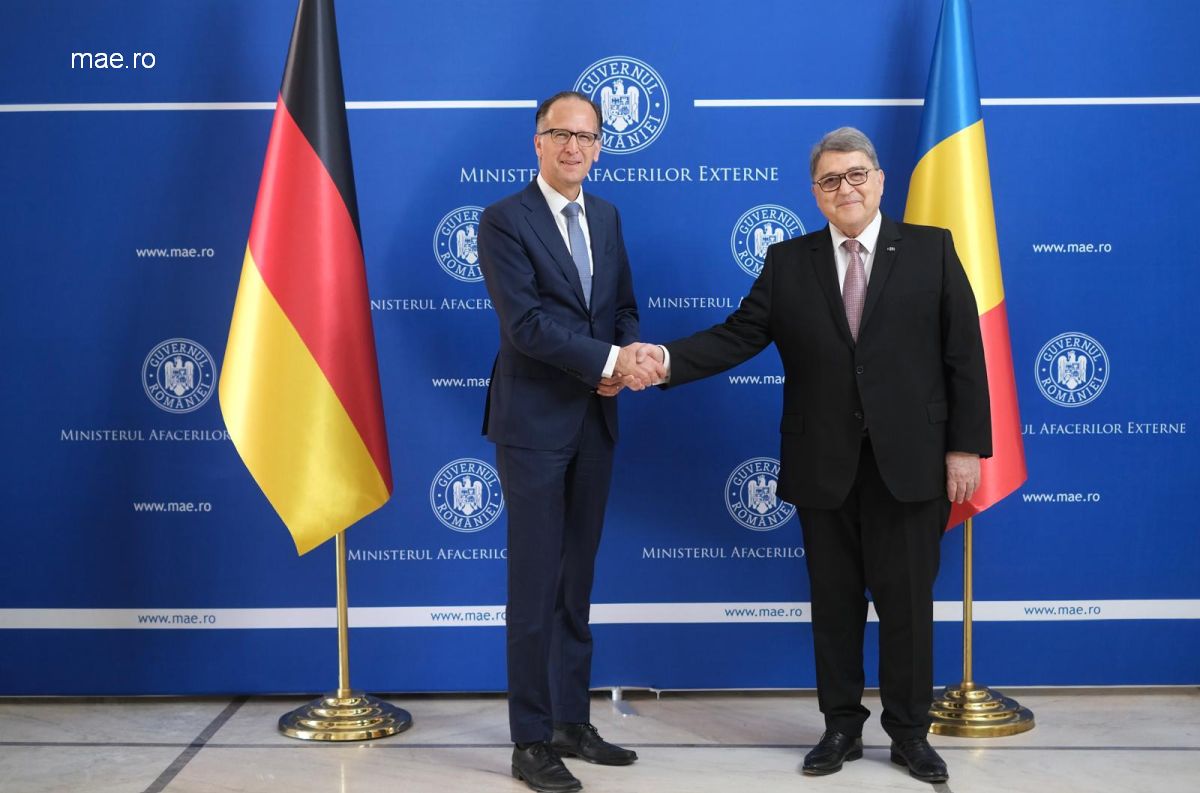European Agriculture and Subsidies
The elimination of milk quotas as of next year will not take the EU states by surprise, because they will be provided with instruments to counteract this measure.

Ştefan Stoica, 18.06.2014, 13:11
The EU intends to set up a system for the prevention and management of possible crises on the market and is preparing, at the same time, for the elimination of milk quotas as of January 1, 2015. Romania, just like all the other member states, has all the necessary instruments provided by the EU through the direct payments system or the rural development program, to make sure that milk producers will be able to cope with this measure. Here is European Commissioner for Agriculture, Dacian Ciolos:
“Besides the normal direct payments there is the possibility to allot certain specific subsidies for the milk sector and the rural development program includes instruments and why not, the possibility to set up a sub-program for the milk sector, just as they intend to do in the fruit growing sector, so as to financially support, through investments or other financial means, those who want to stay on the market”.
The dairy products market has been analyzed in a report recently made public by the European Commission. The main issue was the so-called milk package adopted in 2012, which includes measures favoring the producers. Such a measure consists in the option offered to member states to render compulsory the conclusion of written contracts between milk producers and processors. Farmers have the possibility to collectively negotiate the contractual clauses, including the price of raw milk, by means of producers’ organizations.
The legislative package was proposed in 2010 by European Commissioner for Agriculture, Dacian Ciolos. He then stated that his intention was that the 5,400 milk processors and the 950 thousand producers across the EU should be able to negotiate prices jointly, up to a level that should not affect competition rules. The EC report shows that concluding such contracts between producers and processors became compulsory in 12 member states, Romania included.
The European Commission believes, however, that it is too early to notice the significant effects of the milk law package, mainly in the disadvantaged areas. According to the EC, it takes time and a strong producer dynamics to adopt the measures necessary for the effective application of the possibilities offered by the EU as well as to set up an organization of producers and hold collective negotiations. The EC report gives special attention to the capacity of the EU regulation framework to deal with extreme market volatility or a crisis situation. The purpose is to ensure a balanced development of milk production so as to avoid extreme concentration of milk supplies in the most productive areas.






























